For more details about an impact, contact information for NMSU ACES faculty and staff is available at the online directory.
For general questions regarding impacts in this database, please contact Claire Montoya at ccortner@nmsu.edu.
Department of Animal and Range Sciences
The primary researcher of this impact is housed in the Department of Animal and Range Sciences.
Displaying 8 impacts with tag Department of Animal and Range Sciences.
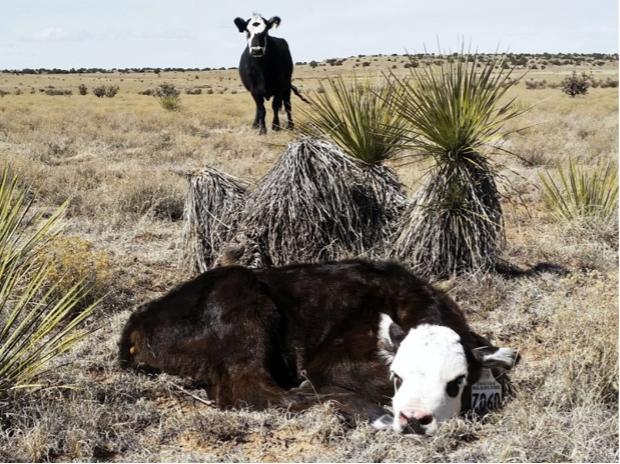
Provision of supplemental arginine during early gestation can improve an animal’s ability to metabolize energy, which increases growth, health, and reproductive success. In combination, these benefits ultimately improve the longevity of beef females and the sustainability of the livestock producer.
More...
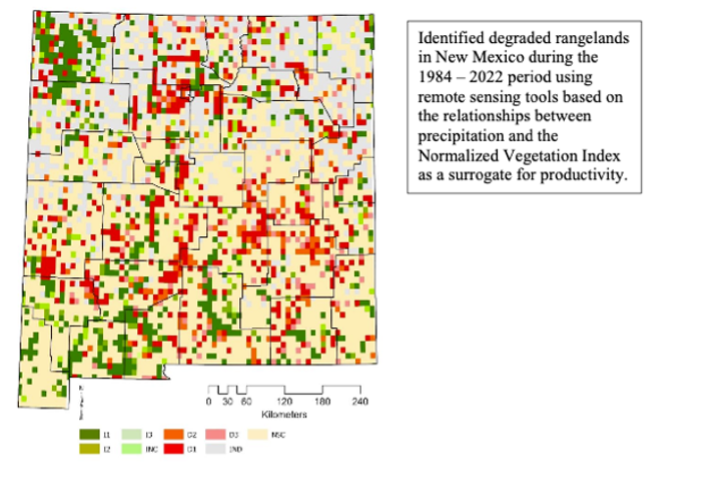
Assessment of Arid Land Sustainability Through Drought and Wildfire Management Drought and wildfire are major natural hazards that affect New Mexico’s ecosystems sustainability due to climate change. Two NOAA-funded projects aim to identify vulnerable regions and communities across New Mexico, document how affected communities use science-based tools to adapt to these natural hazard and identify current gaps to enhance their use to support the sustainability of arid land ecosystems.
More...
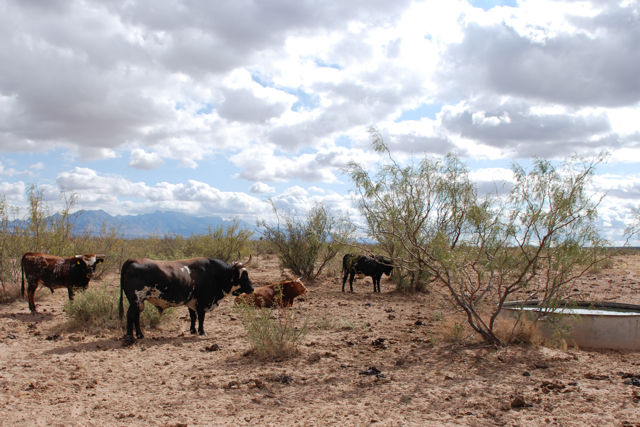
An NMSU researcher led an effort to understand how beef genetics impact the profitability of beef production in arid environments. Significant challenges for raising beef cattle exist in the arid and semi-arid regions of the United States. Limited forage availability and small profit margins are among the greatest concerns in Western U.S. ranching operations. One potential option for ranchers in these regions is using alternative cattle genetics, such as Raramuri Criollo (RC), a Mexican heritage biotype of cattle brought to the Americas by Spanish Conquistadors.
More...
(No image)
Foodborne diseases remain a major public health concern in the United States, where 31 known pathogens cause 9 million illnesses, 56,000 hospitalizations, and 1,300 deaths annually. Exposure to common food preservatives and surface sanitizers may induce antibiotic resistance and enhance the pathogenicity of bacterial pathogens in meat products.
More...
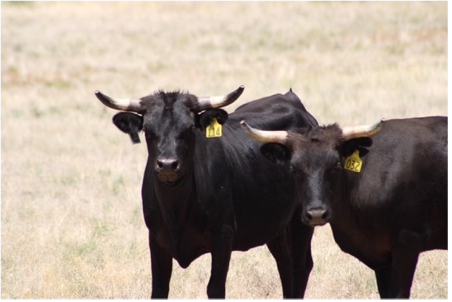
Real-time tracking and sensor monitoring may be tools to identify periods when livestock may experience heat stress and help improve livestock well-being.
More...
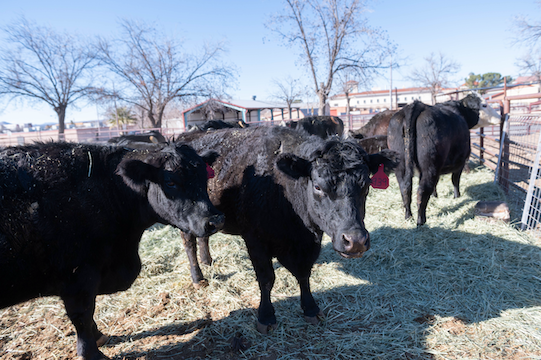
Beef cattle sickness due to diseases (such as bovine respiratory disease) costs the US beef
industry more than $600 million annually in lost revenue.
More...
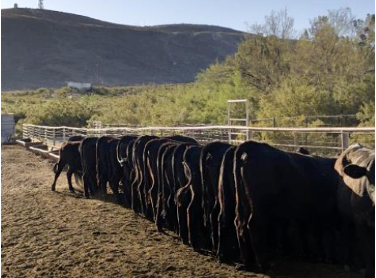
Pasture-based cow-calf operations common throughout the Southwest are continuously searching for profitable and sustainable management options to overcome a variety of environmental
challenges.
More...
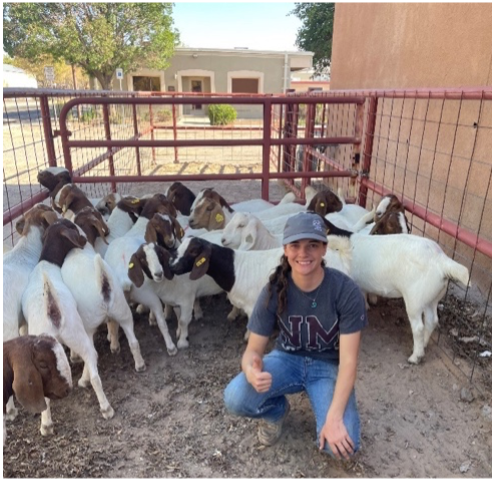
This work demonstrates that if animals are to be transported to a facility for artificial insemination, it should be done prior to the day of the procedure. Although costs will be incurred to house the animals overnight, the improvement in conception will more than likely cover the associated cost.
More...